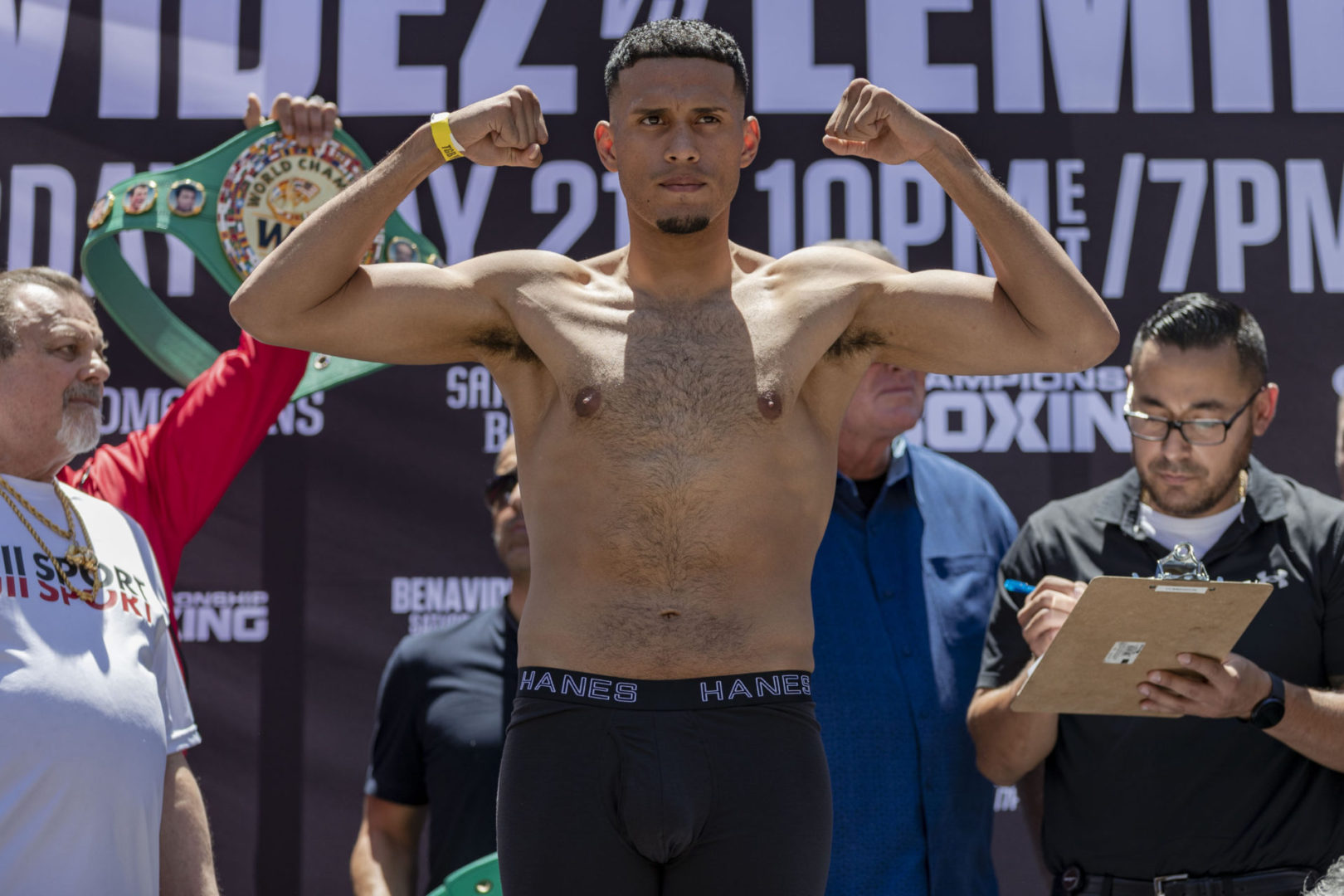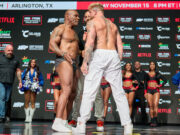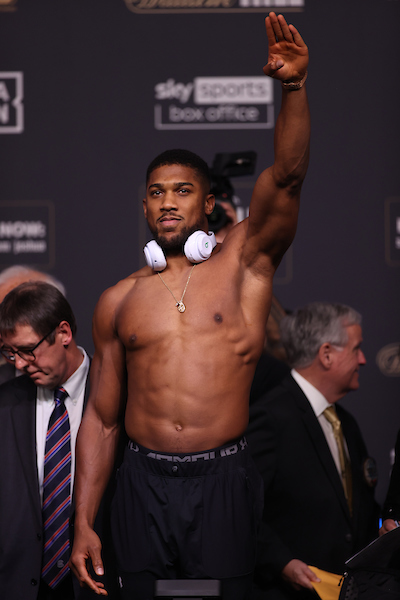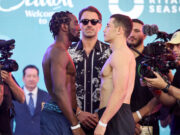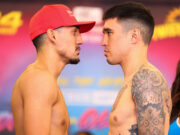In the moments after two contemporary prizefighters meet at a press conference to question each other’s class, family, sexual orientation and all the rest, each man invariably wants to beat on the other in hot blood. But by the time their fight arrives months later, each man has a higher motivation: Prevent that sonofabitch from embarrassing me in front of the world.
That is how we get what we got from David Haye and Wladimir Klitschko for the last two months. That is how we get what we got Saturday afternoon.
And what we got was not good. It was another dull half hour from Wladimir Klitschko, whose reign has been so unexceptional that we no longer blame him for its dullness. And Klitschko was the exciting part of Saturday’s production, too, beating Haye by unanimous-decision scores of 118-108, 117-109 and 116-110.
My scorecard concurred, 117-109. Its details are unimportant.
What is important, though, is a durable rule of contemporary prizefighting that rarely fails: The violence in the ring will be inversely proportionate to the violence of the promotion.
Somewhere between salesmanship and Hamlet’s line about an actress protesting too much lies the above truth. But still they hooked us with the spectacle of a palpably furious Ukrainian giant across from a cocky Brit, one who nervously predicted the men’s pending collision would cause a great, great fight.
They hooked us because of a residual or-die-trying ethic that still adheres to our sport, or better put, adheres to our imaginations when we think about our sport. Today that ethic is gone from most of prizefighting and all of the heavyweight division.
What caused its general exit from the world stage – deregulation maybe – is anyone’s guess. But everyone’s honor is now for sale, flamboyantly so.
David Haye just cashed the largest check of his career, honor be damned. He will live happily ever after this disgrace – one that began with a promise of beheadings and ended with his flopping on the canvas to draw penalties like a soccer player. Haye will sleep each night on a mattress stuffed with money and tell himself – and have young people believe that – his main purpose was making money. If that required a con, well, all the better.
What he needed to say after his shameful effort was this: “Bollocks, that guy can hit! I sat across from him at press conferences, and all I saw was an oaf I’d have no trouble whacking. But in that ring, mate, he’s a monster. He looked nine-feet tall, he did. And he’s fast, too. I tried to rush him a few times. He hit me. I realized the best chance I had of staying conscious, being in a healthy state of mind when I collected my purse, you know, was to keep him afraid of my right hand. That required me not to throw it but threaten with it. He was the better man tonight, and he’ll be the better man tomorrow. I’m sorry I crossed him.”
Instead, Haye removed his boot from his right foot and implored interviewers to look at the right toe he claimed to have broken three weeks before. It was about selling the next sham, of course. It was the first line of a pitch you’ll hear soon enough: “I went 12 rounds with the best heavyweight in the world, on a broken foot! You can be right sure the next time you see the ‘Hayemaker’ at 100 percent, some unlucky bloke is going to sleep.”
Which is why fight fans should hold men like Haye to account. Trouble is, most of the men old enough to remember honor as more than a slogan have abandoned boxing. And those who’ve replaced them find a certain postmodern charm in prizefighters’ unreliable first-person narratives. “Fighting” as a word, anymore, is a decorative tool for improving one’s prize.
None of this excuses Wladimir Klitschko. Saturday brought another serving of a delicious between-rounds show that never fails to please: Trainer Manny Steward imploring the reluctant “Dr. Steelhammer” to nail a much smaller man.
Steward, with an assist from Larry Merchant, provided frustrated HBO viewers the affirmation they needed. Steward assured us we were not alone in our disbelief: The hardest punching man in the world really would skitter round the ring before he’d fight toe-to-toe with an opponent he outweighed by 30 pounds.
Klitschko jabbed. Jabbed. Feinted and jabbed. Hooked off the feinted jab. But that’s not to say there’s anything wrong with jabbing, nothing at all, don’t misunderstand, please! Klitschko jabbed. Jabbed.
And Haye circled and looked menacing. He leaped forward and back. He impressed Roy Jones. Then he did something major that will be covered in the next paragraph.
Haye circled. He growled. He shouted inciting words at Klitschko. He promised a right hand. He then did something major that will be covered in the next paragraph.
Haye landed on his left foot. He got to the final bell and waved his right fist. Then he did something major that will be covered in the next column . . .
So it went. The fight boxing badly needed was a dud. Apologists will emphasize the conditioning each man showed. His skilled footwork or hand speed. The possibility that a lot of things could have happened. Apologists, in other words, will make a prizefight for the heavyweight championship of the world sound like the summary of a Women’s World Cup match.
In an interesting interview with RingTV.com last week, Many Steward said, “People don’t see Wladimir’s footwork. That amazes me.”
Klitschko’s footwork, though, balletic, backwards moving, tuned to the retreating commands his sharp mind sends it, is not what anyone wants to see from a baddest man on the planet. It’s not that we all don’t see Wladimir’s footwork, Mr. Steward; it’s that those of us who do are amazed by it.
Bart Barry can be reached via Twitter @bartbarry



